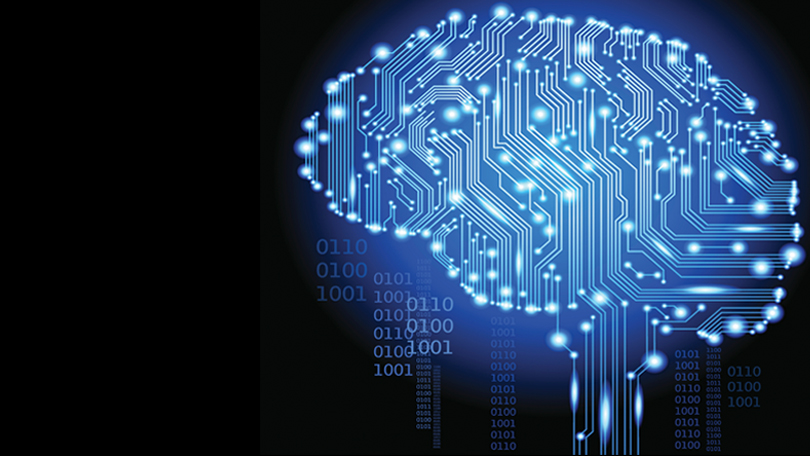Artificial intelligence software scored higher on the English section of Japan’s standardized college entrance test than the average Japanese high school senior, according to its developers.

The software, referred to as To-Robo, nearly doubled its score on a multiple choice test from its performance a year ago, indicating progress toward a goal set by its developers to eventually pass the entrance exam for Tokyo University, Japan’s most prestigious college.
“The average score for the English section of the standardized entrance exam was 93.1 (out of 200), but the AI scored 95,” a spokesman for NTT Science and Core Technology Laboratory Group said. Last year the software scored 52.
The NTT lab, working alongside the National Institute of Informatics, is developing the software; specifically, the group is in charge of developing the software’s English capabilities. The project began in 2011 with a 10-year time frame for reaching its goal.
Questions from the test were turned into data that could be recognized by the software. To-Robo then processed the information, distinguishing the logic of exchanges and correctly identifying the right answer out of multiple choices.
For example, it was able to correctly choose the answer that best fits the following conversation:
A: I hear your father is in the hospital.
B: Yes, and he has to have an operation next week.
A: 【 】. Let me know if I can do anything.
B: Thanks a lot.
–Exactly, Yes.
–No problem.
–That’s a relief.
–That’s too bad.
While NTT lab said To-Robo was getting better at completing conversations, structuring sentences appropriately and grasping the context of a dialogue, it added that the software still needs to improve at understanding more complex exchanges and comprehending the emotions of speakers.
The technology may be developed for human use in the future, the lab said, with translation seen among its possible applications.
Via WSJ
Advertisement
Learn more about Electronic Products Magazine





